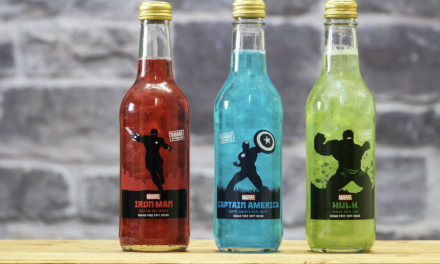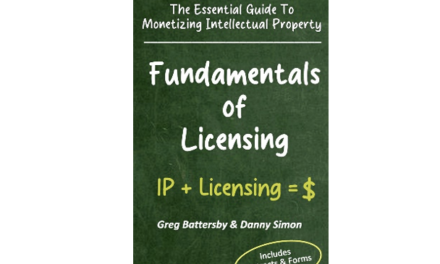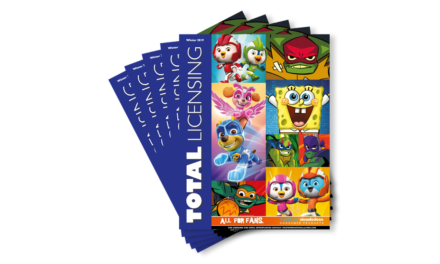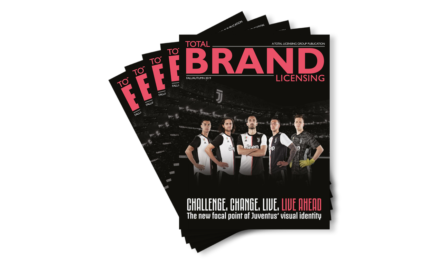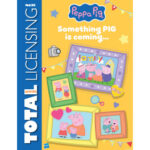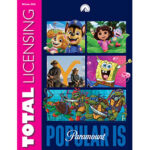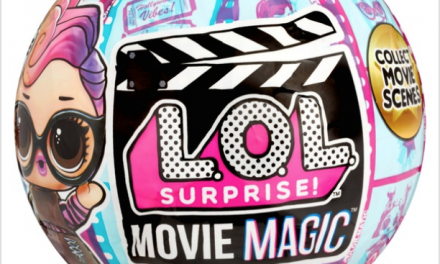
Covid-19 Series: Brave New World for Licensing

By Jonathan Faber, Managing Partner and General Counsel of Luminary Group LLC
A lesser-known symptom of the current pandemic is the concern for previously overlooked legalese like force majeure, which Black’s Law Dictionary defines as “superior or irresistible force” and continues that such clauses “protect the parties in the event that a part of the contract cannot be performed due to causes which are outside the control of the parties and could not be avoided by exercise of due care.” A corollary is the phrase Act of God.
Another minor symptom is a rise in proffered predictions. One prediction states that courts will soon be filled with force majeure claims. Such litigation may also examine compliance with other provisions of an agreement including how force majeure shelter is invoked and course of conduct of the parties. As one who is often in the courtroom testifying about the value of unauthorized uses and customs and practices in the industry, I would caution against rushing into litigation with unmitigated zeal. Hopefully, this prediction will not come to pass, but it does seem likely in some situations.
Vibrant dialogue currently is taking place between licensors and licensees. These conversations may primarily concern concessions or forgiveness of payments due. Ultimately, licensors will be impacted as much as licensees, though licensees may be comparatively more “consumer facing.” We at Luminary Group have had our share of conversations with business partners seeking accommodations. Through cooperation, these discussions have not once involved legal interpretations of force majeure provisions.
But some instances will necessitate consulting the agreement, the alpha and omega of a relationship. If licensees get accommodations, are licensors also receiving accommodations? It may be advisable for a licensor to seek verification and documentation, as any accommodations granted should be carefully documented, and should clearly designate the changes as temporary adjustments. Unfortunately, the pandemic could easily be abused, so while valuing and preserving relationships is advisable, so too is careful documentation and consultation with legal advisors concerning any actual situation your business may be facing.
Residing in typically overlooked boilerplate language, a force majeure provision excuses contractual interruptions or deviations that might otherwise be deemed non-performance and therefore a breach of contract. If included at all, these provisions vary widely. Some may simply reference a force majeure provision without being specific. Others may specify earthquakes, tornados, environmental disasters, or other causes beyond the reasonable control of either party. So…would this include a pandemic? A governmentally-imposed shutdown? As any seasoned lawyer will tell you, “it depends” but a good starting point to understand is that courts generally will not excuse non-performance unless specific contractual language provides for it, regardless of circumstances.
Adapted from a notice issued by my partners at McNeelyLaw, here are some inquiries to consider if your conversations are going down the path of force majeure interpretation:
• Does the agreement have a force majeure provision, and if so, what constitutes a force majeure event? Is it limited only to specified events? Are viral outbreaks or pandemics named? Do governmentally-imposed quarantines qualify?
• If an event fits under the force majeure definition, does it specify relief, allowances or accommodations? How long is non-performance permitted? Some will allow a set amount of time for non-performance, and others may allow an agreement to be terminated altogether if the force majeure event continues for a designated timeframe.
• Does invoking a force majeure provision require notice to the other party? Some provisions state that failure to provide notice results in waiver of the otherwise-available excuse.
Here’s another prediction: this isolation period will result in a surge of infringing goods. Licensing International recently offered the prescient webinar Strategies For Dealing with Infringements in Maker Marketplaces (archived on their website). The rise in unemployment claims may also feed a rise in such activity. This may be a good time for rights owners and representatives to conduct sweeps and take down notices, frustrating as such efforts can be since sellers often relist the goods, and the forum companies seem to consider that 1) identifying unauthorized goods is entirely the rights owner’s responsibility, and 2) shutting a reported infringement down should be the extent of theirs.
In addition to pending legislation to remove some of the safe harbors that maker marketplace forums have generally relied on for impunity, a Department of Homeland Security report from January 2020 on counterfeit goods stated: “[w]hile counterfeit and pirated goods have been sold for years on street corners, alleys, and from the trunks of cars, these illicit goods are now marketed to consumers in their homes through increasingly mainstream e-commerce platforms and third-party online marketplaces that convey an air of legitimacy.” If a company is promoting, profiting from, and even producing infringing items, it makes sense for the facilitating forum to share in responsibility.
Policing against infringements is always advisable policy, but knowing what is at stake, and the value of a potential claim if litigation ensues, is equally critical. In January 2020 I testified in a jury trial on behalf of the family of a pioneer in the beverage industry, whose name and backstory became the centerpiece of a successful brand. The jury aligned with my valuation and awarded $9.5 million plus costs. This was accomplished by citation and explanation of industry practices, reliable sources, and the context that working in this specialized industry relies on. Clearly, there is a lot at stake, and the importance of clearing rights up front can hardly be overstated.
In an environment where licenses are asking for forgiveness or deferral or renegotiating rates under force majeure provisions, the specter of infringing uses is all the more ominous.
I’ll leave you with one last prediction: licensed facemasks.
*Jonathan Faber is Managing Partner and General Counsel of Luminary Group LLC, the exclusive representative of Babe Ruth, Vince Lombardi, Jesse Owens, Major Taylor, and Coach John Wooden among others. Faber has recently served as an expert witness on behalf of Drake, the Ramones, the Indianapolis Motor Speedway, FremantleMedia, The Real Real, and Citizen’s Watch. Faber teaches The Right of Publicity at McKinney School of Law. Visit LuminaryGroup.com and RightOfPublicity.com, the leading online Right of Publicity resource, for more information.
